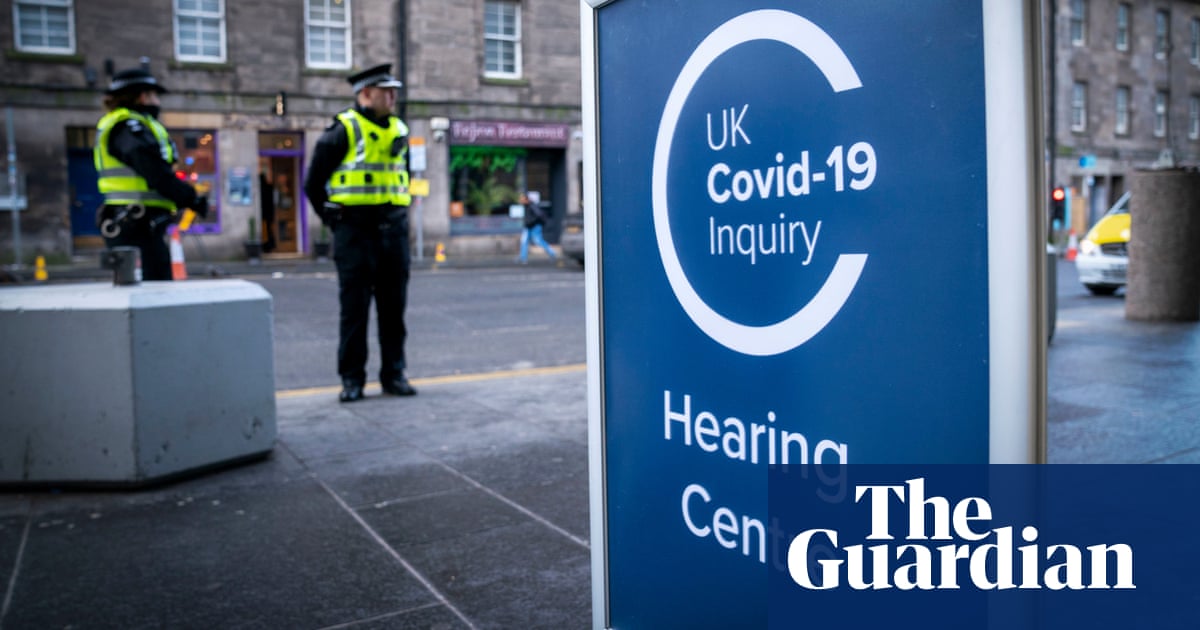
Ministers are failing to protect people trafficked to Britain as modern slaves, the government’s own expert has said.
Sara Thornton, the UK’s independent anti-slavery commissioner, said the law needed changing so those established as victims of traffickers would be more likely to be granted protection and allowed to stay in the UK.
In a piece for the Guardian, she says that currently just one in 12 are allowed to stay, with some others being returned back into potential danger.
Thornton, a former senior police chief constable, said some Home Office decisions were not just unfair but contain basic errors.
Her intervention comes with the Home Office under fire over its handling of the Ukrainian refugee crisis, with the government accused of getting it wrong.
Thornton’s remarks also come as parliament debates the nationalities and borders bill, including an amendment that would increase the chances that those trafficked could stay.
In her Guardian piece, Thornton says: “People who are vulnerable due to circumstances of poverty, instability or forced migration are taken advantage of and exploited in situations of unfree labour, trafficking and abuse.
“Women and girls fleeing war are particularly at risk and I am concerned about the possibility of trafficking for migrants as the humanitarian crisis in Ukraine unfolds.”
She continues: “Given all of this, you might expect that the UK government and the Home Office were doing all they could to help victims of modern slavery in Britain. You would be wrong.”
Theresa May while prime minister committed the government to crack down on modern slavery. Thornton says those promises are not being met: “However, the number of victims of trafficking granted temporary leave remains extremely low – thanks to a freedom of information request from the children’s rights charity Ecpat, we know just 8% of applications were granted in 2021.”
The home office hit back at Thornton. A spokesperson said: “We reject these misleading claims. The UK leads the way in tackling the injustice of modern slavery and we have identified and supported thousands of victims to rebuild their lives, while putting those responsible for these crimes behind bars.
“We are committed to ensuring victims receive the care and compassion they need through schemes such as the National Referral Mechanism, which helps to identify potential victims and aid their recovery.
“We will go even further through the Nationality and Borders Bill to put victims’ rights into law and set out a new government strategy to tackle this heinous crime later this year.”
In her piece the anti-slavery commissioner cites a case of a woman from Eritrea, whom she calls Jane, who suffered abuse and was confirmed as a victim: “Despite this, temporary leave to remain was not judged necessary to protect and assist in her recovery.”
Thornton said the letter rejecting Jane’s plea to stay referred to her as a man throughout and adds the Home Office “cherrypicked” evidence to back its decision to refuse permission to stay, while seeming to ignore evidence to the contrary.
Thornton calls for “a more generous approach to vulnerable and traumatised victims of the most serious crimes”.
She stands down from her post next month.
Thornton was the chief constable of the Thames Valley force who became the first chair of the National Police Chiefs Council.












